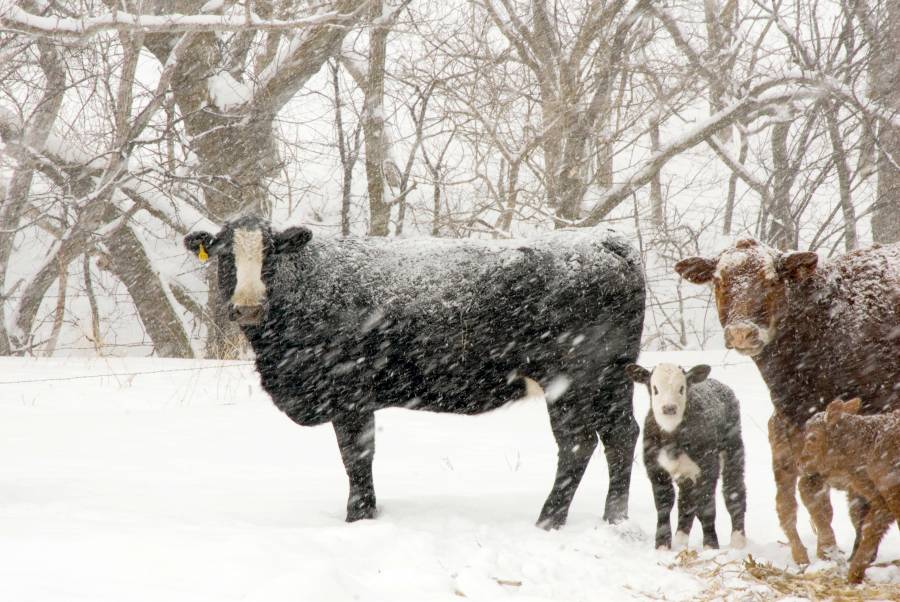
A special advisory panel is to be created to help Scottish farmers and crofters respond to the effects of extreme weather.
The Weather Advisory Panel will act as a taskforce to respond to challenging conditions many farmers in Scotland frequently face. It will rapidly share information, best practice and encourage co-operation across the industry.
Rural economy secretary Fergus Ewing announced the measures at AgriScot this week. He said he hopes to build resilience in the farming industry in the face of extreme weather events.
Mr Ewing said the panel will include government and industry experts. Members at this stage include the Met Office, Sepa, the NFU Scotland, the Scottish Government and the Agricultural Industries Confederation.
He said: “This will allow us to rapidly share information, to disseminate best practice, to foster co-operation an consider other practical options that might be available.”
Scotland’s farmers and crofters face the challenge of a very high cost winter because of an exceptionally wet summer and autumn across much of Scotland.
Certain areas of Scotland have seen the wettest weather for 80 years, resulting in animals being brought indoors earlier than normal, shortages of silage, and issues related to complying with slurry spreading regulations.
'React in smarter ways'
NFU Scotland president Andrew McCornick said the Weather Advisory Panel gives farmers an opportunity to "react in smarter ways" to ever-changing weather.
“We must learn from events like the extreme flooding in early 2016 as well as the summer of 2017 where it wasn’t the high rainfall that did the damage but the lack of dry days when silage, harvest, slurry-spreading or ploughing could be completed,” Mr McCornick said.
“While we can do nothing about the weather, a panel that can quickly analyse and assess emerging weather events and take action based on experience and best practice will help strengthen the resolve and resilience of Scotland’s farmers and crofters.”
Environment Secretary Roseanna Cunningham said the risk of severe weather increases the chance of flooding, which can be devastating for farmers, as this year's Storm Ophelia and Storm Aileen showed.
She said: “In Scotland over 78,000 residential properties are at risk, sometimes leading to the isolation of vulnerable individuals or communities, loss of power, and the damage to road and rail infrastructure – sometimes with little or no notice.
“And the low temperatures, snow, storms and gales which winter can often bring to these shores can be equally disruptive and dangerous – particularly affecting the elderly and vulnerable.
“Severe weather can’t be prevented, but simple things like signing up to weather warnings, or ensuring you have the appropriate house insurance can mitigate against the worst effects of it, and ensure a better winter for everyone.”
